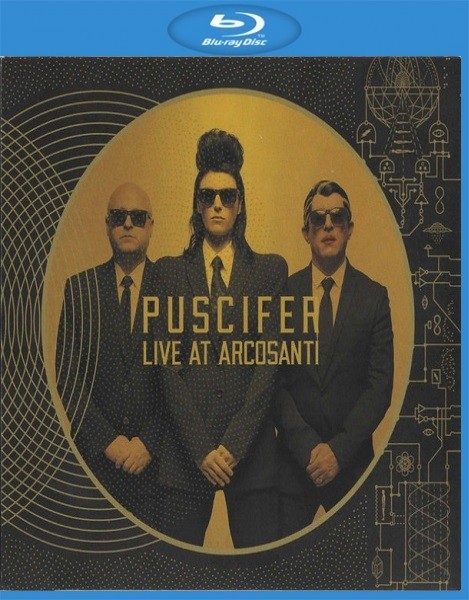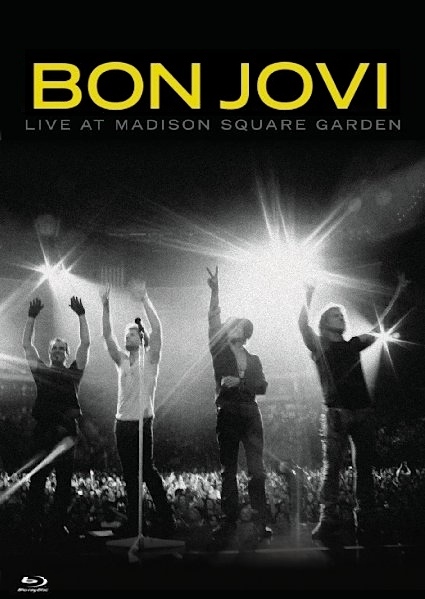
Leonard Elschenbroich & Alexei Grynyuk – Beethoven: Sonatas for Cello and Piano (2019)
FLAC (tracks) 24 bit/48 kHz | Time – 02:05:55 minutes | 1,12 GB | Genre: Classical
Studio Masters, Official Digital Download | Front Cover | © Onyx
The five cello sonatas span Beethoven’s three creative periods, with the audacious op.5 sonatas dating from the early years on his time in Vienna as a piano virtuoso and aspiring composer (1792-9), the great op.69 sonata is from the period that saw the composition of symphonies 4-8, the violin concerto, Mass in C and the String Quartets op59. The two op102 sonatas are from the cusp of the ‘late’ period, this is the time of the 9th Symphony, the Missa Solemnis, the great string quartets op127 – 135 and the last five piano sonatas.
The cello and piano are truly equal partners in all these works, and Beethoven exploited the full range of the cello placing great demands on the player. The op.17 sonatas from the 1790s was composed for horn and piano. The transcription is believed to be by the composer, or at least approved by him.
Read more
Leonard Elschenbroich, Alexei Grynyuk – Brahms Cello Sonatas 1&2, Four Serious Songs (2022)
FLAC (tracks) 24 bit/192 kHz | Time – 01:17:07 minutes | 2,71 GB | Genre: Chamber Music
Studio Masters, Official Digital Download | Front Cover | © PM Classics Ltd.
When the red light in Studio 2 at the famous Abbey Road Studios came on at the start of the recording sessions for Elschenbroich’s and Grynyuk’s latest ONYX recording, the control room had a very different atmosphere. The recording was made using analogue technology – tape recorders, vintage microphones, and longer takes.At no point was the recorded material subjected to a digital process.
Read more
Leonard Elschenbroich, Petr Limonov – Schnittke: Musica Nostalgica (2017)
FLAC (tracks) 24 bit/48 kHz | Time – 59:13 minutes | 506 MB | Genre: Classical
Studio Masters, Official Digital Download | Front Cover | © Onyx Classics
Though born in Engels on 24 November 1934, in the Volga-German Republic of the Soviet Union, Alfred Schnittke spent much of his formative childhood in Vienna, where his father had been posted to work for a German-language newspaper published by the Soviet army. ‘Every moment there,’ Schnittke recalled, ‘I felt I was a link in the historical chain: all was multi-dimensional; the past represented a world of ever-present ghosts, and I was not a barbarian without any connections, but the conscious bearer of my task in life.’
Read more




